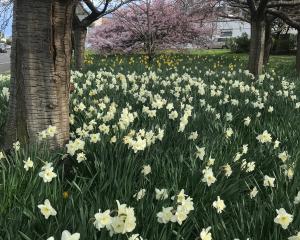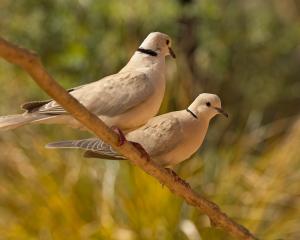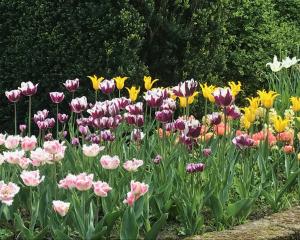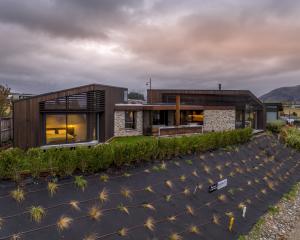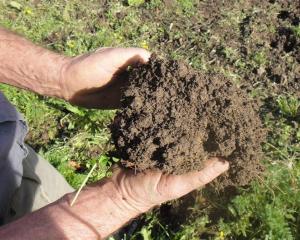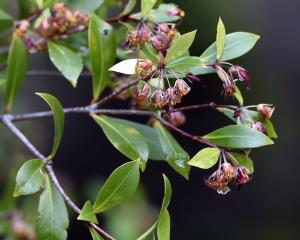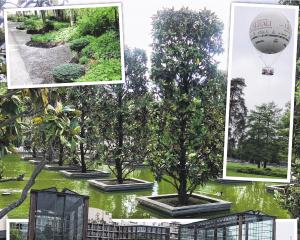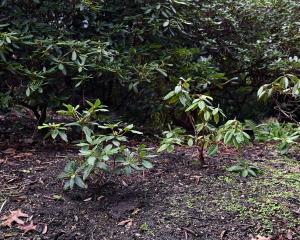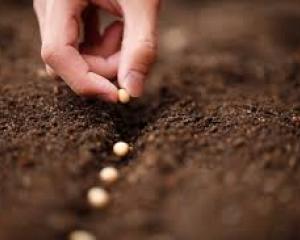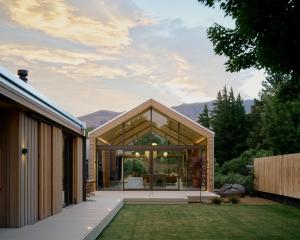Vegetables
The urge to sow seeds begins whenever there is a mild day. However, except for the most favoured sites, it is still too early to sow small seeds or put out plants that might be damaged by cold weather still to come.
Gardeners could consider sowing broad beans, early peas and turnips in a warm border, but germination will be slow unless cloches are available.
Some gardeners put in early potatoes, such as Jersey Benne, for digging in late October and early November. But for most southern gardeners, it is better to wait until the end of August and plant with Christmas dinner in mind.
However, potato tubers can be set out in shallow boxes — old drawers lined with newspaper are perfect for this.
Put the boxes in a light, airy, frost-free situation so the potatoes can produce sturdy sprouts.
Spring cabbage and cauliflower planted during autumn should be slowly developing. Cauliflower is less hardy than its close relative, broccoli, and can be permanently damaged by cold, wet conditions. Ideally, plants will have been placed in a well-drained, warm situation, sheltered from southerly and westerly winds.
Heading broccoli is often sold as cauliflower but it is worth seeking out, especially the purple Violet Queen.
Flowers
Shrubs that flower on the current season’s wood should be pruned now. Done annually, this will ensure a constant supply of new flowering shoots and prevent untidy growth. Shrubs to be pruned this way include spiraea japonica and the maroon and golden-leaved forms of sambucus (elderberry).
Bedding plants may still be set out in milder districts, provided the soil is in good working condition. Set wallflowers deeply in the soil to prevent wind damage. Adding some blood and bone and superphosphate at planting time will give the plants a good start when growth begins in a few weeks time.
Lawns can be helped by forcing the prongs of a garden fork in at intervals, encouraging free drainage and aeration, promoting root growth and prompting more vigorous turf.
Winter-flowering shrubs such as wintersweet (chimonanthus) and witch hazel (hamamelis) should be coming into flower, bringing the first hint of spring. If planting fragrant shrubs, position them close to paths. Daphne mezereum, evergreen Daphne odora and Viburnum fragrans should also be planted where their perfume is not wasted.
Rhododendron Christmas Cheer and early-flowering camellias can be positioned so their flowers will be appreciated when little else is blooming. Winter cheer is not suitable for very cold areas, as the flowers turn brown.
To grow stems long enough for cutting and with four or more flowers on each, sweet peas need a good supply of plant foods in a readily-available form. Prepare the ground now, adding compost, seaweed and well-rotted stable or cow manure. Work in lime (about 150g a sqm, depending on soil acidity) and some superphosphate at planting time. Sweet pea seeds cannot be sown outdoors yet but can be started in pots under cover or in a heated greenhouse.
Ground left empty after summer-flowering annuals are pulled up can be prepared for greedy plants such as dahlias and stock. Spread stable manure or garden compost over the surface, then turn it into the top 10cm to 15cm of the soil to allow microorganisms to begin turning it into plant food and humus.
Perennials, such as delphiniums, phlox and michaelmas daisies, can be divided and replanted on fine days when soil conditions allow. Add compost or manure if the soil is not fertile.
Fruit
July is the month for fruit trees to be planted or transplanted. Even quite large specimens can be shifted successfully, to bear fruit again in two seasons’ time.
Gooseberry, redcurrant, whitecurrant and blackcurrant cuttings can still be put into the ground. This is an inexpensive way to increase the number of these useful soft fruits. Cuttings should be 25cm to 30cm long and cut just above a leaf joint at the base and just above one at the top. Put cuttings around the edge of a pot of good soil or tuck them into a corner of the vegetable garden.
Leave for at least six months before putting into their permanent positions.

